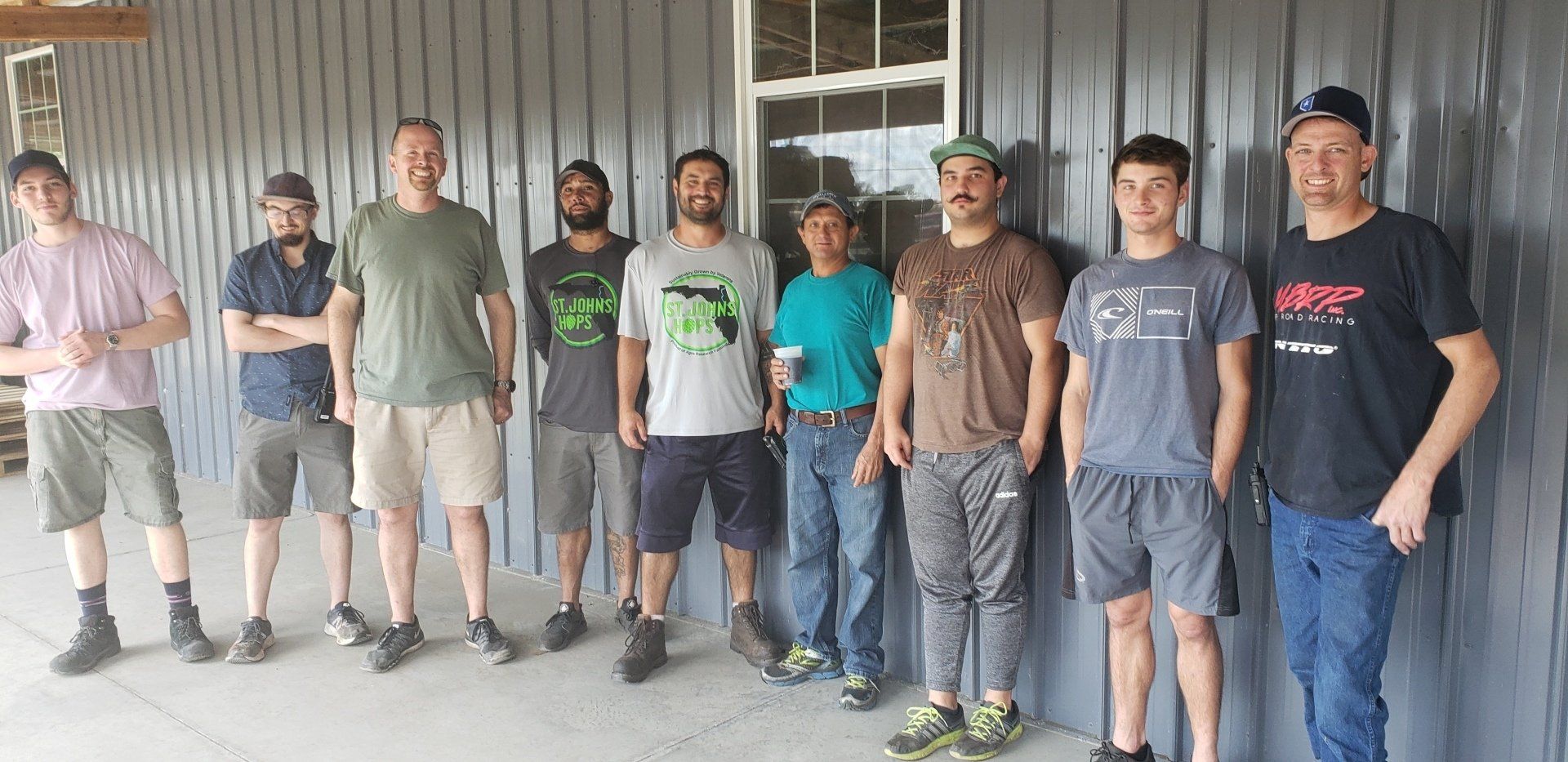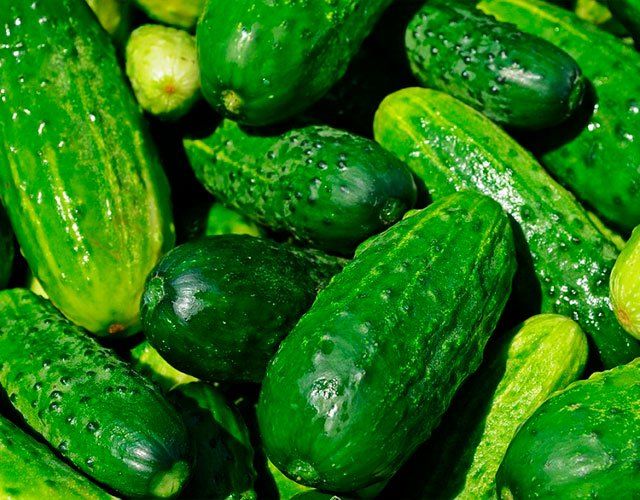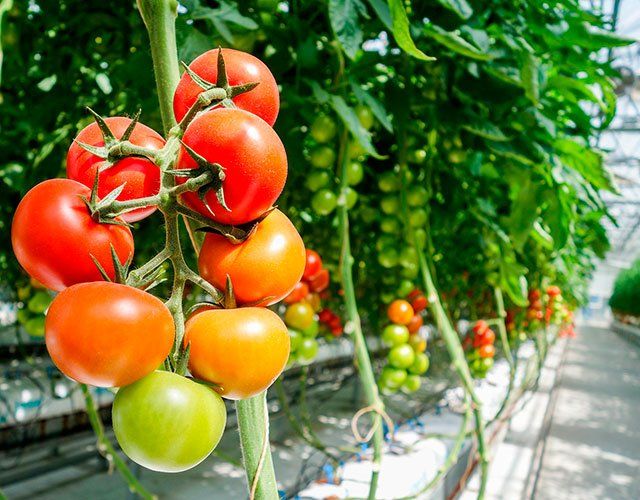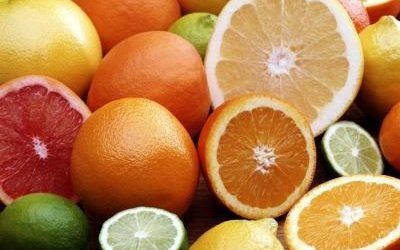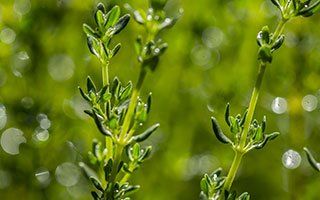Thyme Guard soil application to control Citrus HLB
Thyme Guard is a potent bactericide, fungicide, and provides insecticidal activity on small sucking insects, (white flies, thrips, aphids, psyllids, etc.).
It is derived from thyme oil and primarily contains two natural phenols (thymol and carvacrol) which control bacterial and fungi pathogens and two natural terpenes for insecticidal activity.
An invitro study funded by CRDF and performed by the University of Florida in 2015 showed that Thyme Guard provided 90% control against an HLB surrogate at 10 ppm and 100% control at 100 ppm. With this in mind, a series of tests were performed in December 2017 to measure levels of phenols in citrus trees after application of Thyme Guard foliarly and in the soil. The goal was to reach a threshold of at least 10 ppm, to provide an acceptable level of control without inducing phytotoxic effects (at much higher rates). These tests would confirm the improved health of trees that many growers using Thyme Guard are observing.
This trial was performed using a Hach PL-1 phenol test kit. The kit is similar to a pH test kit, with a color wheel to match ppm. The kit measures phenols from 0.1 ppm to 4 ppm. It is very affordable and can be used by growers and consultants to perform their own measurements.
Unlike plants such as cucumbers or tomatoes which have abundant sap, citrus sap extraction is difficult and time consuming. The method used in this instance was to pick 10 to 20 leaves depending on canopy size, weigh the leaves, chop and liquefy them with 100 ml of water in a mixer, filter the liquid, followed by 4 minutes of centrifuge prior to performing the phenol test. The results provided reflect ppm per gram of leaf weight . Sap content can fluctuate depending on soil moisture and environmental conditions. For the purpose of this trial percentage of sap to total leaf weight was determined weighing leaves prior and after drying in a convection oven at 300⁰F for 1 hour. The sap weight percentage: 65%. Therefore for the purpose of these tests phenol ppm in the sap can be extrapolated by multiplying the result we provide by 1.54.
Measuring phenol content of leaves on foliar applications to the entire canopy has two draw backs:
- Can not verify that the phenols travel down to the roots and back up through the phloem.
- Even though the leaves are washed, due to the sensitivity of the test kit, any residual of Thyme Guard would provide an erroneous high rate of phenols.
To overcome these issues, a plastic garbage bag was placed on one branch of every tree prior to spraying to ensure that those leaves were free of Thyme Guard; and only the covered leaves were picked for testing.
Finally the data presented is a synopsis of the many tests performed.
Test 1
Thyme Guard was applied foliarly at a rate of 0.5% to 2 year old lime trees. Different products were also tested to see if penetration could be improved.
Thyme Guard by itself had the highest rate of increase (184%).
Test 2
Thyme Guard applied foliarly to a 2 year old grapefruit tree at 0.5% concentration.
Thyme Guard rapidly translocates throughout the tree and is found in the covered leaves 4 hours after application.
Test 3
Thyme Guard soil applied to 2 year old Hamlin.
From this data, we can see that phenol content is significantly higher when applied to soil vs. foliar. Nevertheless, growers may still want to consider foliar applications during flush for psyllid control. Another observation is that phenol levels stay elevated for several days after application thereby providing a residual effect.
Test 4
Environmental conditions make a significant impact on uptake. Soil application should be timed for maximum plant transpiration.
The following chart shows a Valencia tree along a tall line of southern facing oak trees. During winter months the citrus tree is in complete shade throughout the day. The Thyme Guard uptake is significantly less than the previous chart.
Recommendations
- Thyme Guard applied to the soil is very quickly taken up by the tree and translocates within hours to the leaves. Henceforth, we recommend that growers consider at least 1 application of Thyme Guard in the soil during the year at a rate of 2 to 4 quarts in the micro jet irrigation.
- Due to the potent antiseptic efficacy of Thyme Guard, keep in mind that when applied to the soil it will kill both beneficial microbes and pathogens. We therefore recommend that growers recharge their soils with Agro Gold or Agro Gold SD 10-15 days after Thyme Guard soil application.
We recognize that most of the tests were performed on small trees, however the trial is ongoing; and going forward, we will focus on much older trees. In the coming weeks an independent third party lab will also perform sap extraction and phenol test for us.
Also keep in mind that Thyme Guard addresses the pathogen only. Revascularization is a separate issue relating to nutrition and time. Preventing reinfection is the third critical aspect in the fight against HLB.
One final observation, which needs to be confirmed, is that healthy trees appear to have a much higher level of phenols than sick ones. If this proves true, this phenol test could be very usefull to measure the progression of the health of a grove.
Please contact us if you’d like information on the Hach PL-1 test kit and the phenol testing procedure.

